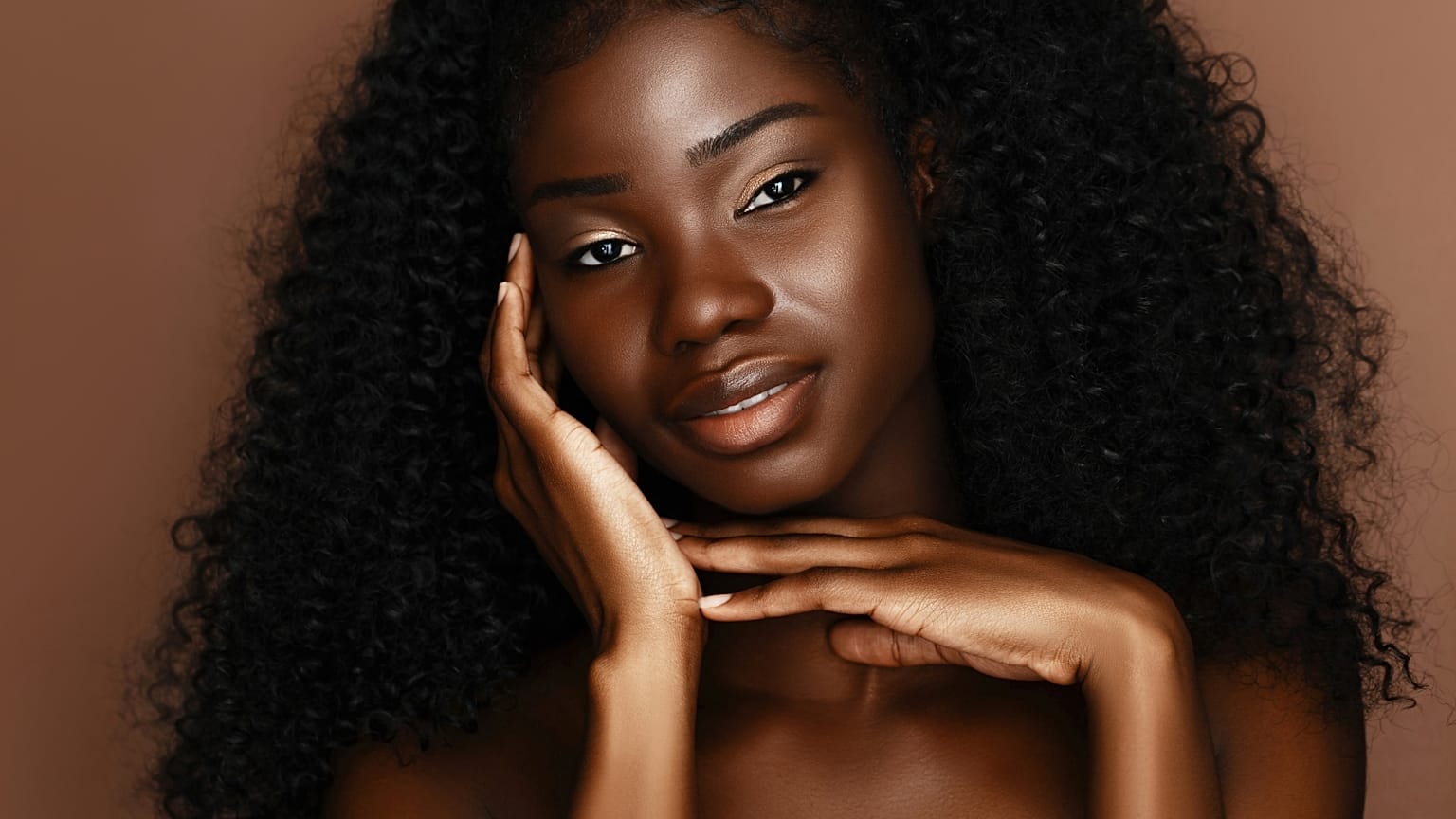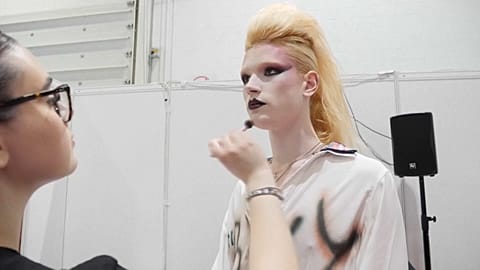The beauty industry is undergoing a significant transformation as artificial intelligence and the metaverse intersect. We find out more at Cannes Lions.
The beauty industry is on the verge of a transformative shift as artificial intelligence (AI) and the metaverse join forces. The new technologies are already reshaping customer interactions with beauty brands, ushering in immersive and personalised experiences.
 ADVERTISEMENT
ADVERTISEMENT
 ADVERTISEMENT
ADVERTISEMENT
Shiseido - the renowned Japanese beauty brand and mother company of brands including NARS, Drunk Elephant, and Tory Burch - is a prime example of the future of the industry.
From virtual makeup try-on and AI-driven products to augmented reality applications, the beauty of tomorrow is "alive and well," says Angelica Munson, chief digital officer at Shiseido, adding that AI technologies are "already integrated" into their processes.
By harnessing AI, Shiseido is not only boosting its own research but also empowering consumers to anticipate and address skincare concerns before they become a problem.
The company’s most longstanding success started in 2019, when Shiseido embarked on a groundbreaking collaboration with Revieve - a leading innovator in AI/AR experiences.
AI as a skin advisor
The companies introduced a cutting-edge AI tool known as the Skincare Advisor.
A simple selfie and interactive questionnaire can determine beauty goals, and powers the Skincare Advisor to comprehensively analyse the user's complexion and ultimately provide a list of recommended products that best suit the user’s individual needs.
"Your undertone is warm, your complexion is olive, your facial shape is long," concludes the software after analysing a selfie - which it commits to immediately delete - before offering a tailored proposal.
Finally, the AI-driven advisor - both available online and in physical stores - allows for a virtual try-on, enabling users to virtually try the products before choosing, for example, their ideal lipstick shade.
Shiseido describes it as a tool "to enable a discourse between the consumer and the personal beauty professional," providing options to customers who might feel more comfortable trusting technology.
The company is currently working to identify insights from user-generated content in both social media and the metaverse to inform their decisions about which products to introduce next, such as, "small batch production of customisable shades," said Munson.
Beauty in the metaverse: an ocean of insights
As users create their digital avatars and choose how to present themselves to the online world, the metaverse also offers a significant opportunity for beauty brands, says Munson.
"The metaverse is under construction, and there are amazing pilots and experiments happening to get us to that web3 future, but we've seen a lot of traction on users adopting certain experiences and technologies," she said.
Shiseido has already deployed "over 20 metaverse activations across our colour brands and skincare brands," positioning itself "on the forefront of that experimentation," she added.
The digital assets of makeup are alive, Munson asserts.
"We've had some activations where people are buying a lip colour or eyelashes along with, you know, merch and gear, and they're really expressing themselves that way," she said.
"I think the opportunity in the future is how you take [this] - and we see this with fashion brands, where people are co-creating or creating something, and then it's being sold as a real-life good".
"I think that's the bridge where beauty is going to experiment next," she predicts, identifying "what's interesting" to people and ultimately figuring out "how can you maybe create that product in real life?"
NFTs are also seen as an opportunity for the brand, especially as a means to get closer to Gen Z.
In 2022, the beauty market generated approximately $430 billion (€394 billion) in revenue. Today, the industry is on an upward trajectory across all categories - skincare, fragrance, makeup, and haircare -, and is projected to reach approximately $580 billion (€531 billion) by 2027, according to a recent State of Fashion report by McKinsey.
Consumers, particularly younger generations, will spur this shift, and the influence of Gen Z is identified as a "key dynamic".
Gen Z is the world’s next largest generation, and according to Adecco Group, 62 per cent of Gen Zers have heard of the metaverse, and 46 per cent of them believe it will be part of their job in the future.
NFT campaign
In February of this year, to commemorate its 150th anniversary, Shiseido introduced a campaign to give away 150 NFTs.
The NFTs were created using AI technology, which used a language processing system to transform beauty and Web3-related words into artistic creations, which were then intervened by Cult, a Web3 agency based in the United Kingdom, to add a human element to the process.
Owners of the NFTs were promised to receive £1,000 (€1172) worth of skincare products and samples throughout the year, exclusive access to online and in-person events, and additional rewards as the program evolves over time.
Additionally, Shiseido has partnered with the NFT platform Exclusible, which facilitates the creation of wallets for consumers, enabling even those without prior knowledge of NFTs and Web3 to participate in the campaign.
Shiseido's approach focuses on integrating AI tools strategically, says Munson, ensuring they serve a purpose and enhance the customer experience rather than becoming a mere gimmick.
As technology continues to advance and consumer preferences evolve, the integration of AI and the metaverse with the beauty industry will likely become even more prevalent.
Brands are now faced with the challenge of balancing innovation and brand identity, said Shiseido’s chief digital officer to Euronews Next at Cannes Lions, the annual international festival and awards event that celebrates creativity in advertising.
For more from this interview at the 2023 Cannes Lions Festival of Creativity, watch the video in the media player above.

















